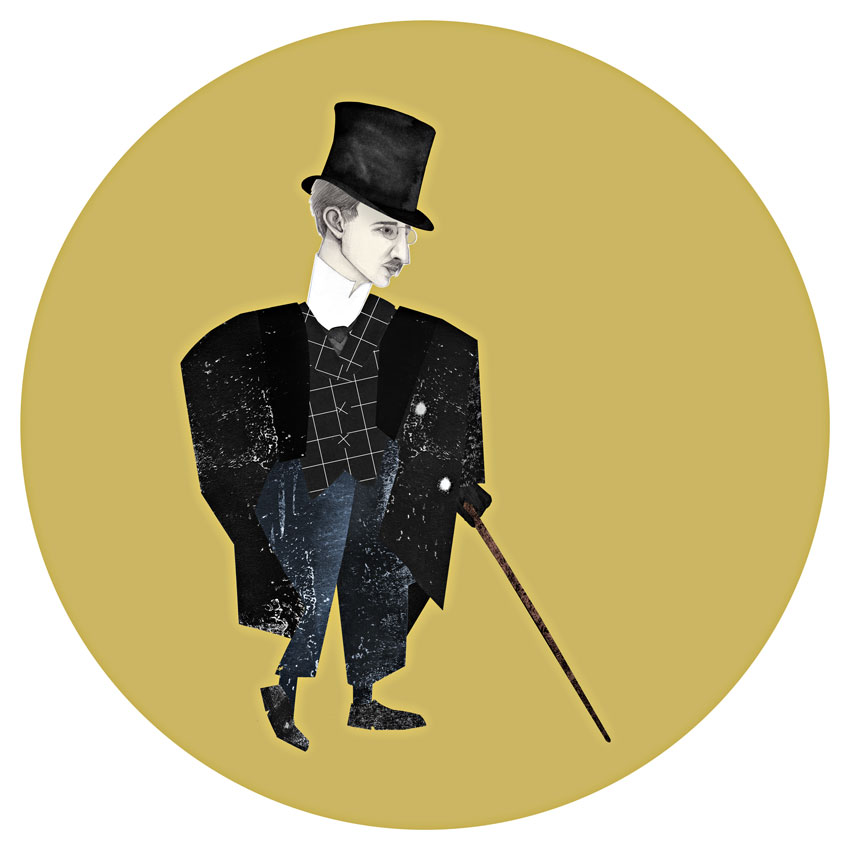
From Tyrannosaurus Rex versus the Corduroy Kid, published by Anansi in 2006.
Three walked barefoot into the sea,
mother, father and only child
with trousers rolled above the knee.
A stretch of water—half a mile;
granite loaves made a cobbled road
when the tide was low. Tide was high.
Bread vans idled on either shore.
In lifeboat sheds along the coast
cradled boats were dead to the world—
the bones of reassembled whales.
A mothballed helicopter dozed.
But three unshod went wading on,
father, mother and little one,
up to their hips in brine and krill,
the Gulf Stream nudging at their heels,
husband, wife and three-year-old,
out of their depth and further still,
over their heads in surf and swell,
further, further, under then gone.
The life guard yawned a megaphone.
The oyster-catcher clenched its fist.
The common dolphin bit its lip.
The paraglider pulled away.
The scuba diver held his breath.
Then three appeared. Two heads at first
and then the third, now figurines
emergent, shoeless, plodding on
towards the slipway and the quay.
Three forms. They stopped and turned and faced.
So hundreds followed in their wake,
some on Zimmer frames, some on stilts,
some in wellies and some on bikes,
one with gravy stains up his tie;
thousands legging it down the beach,
some in khaki and some in kilts,
some in purdah and fancy dress,
one with a monkey round his neck.
And more. In fact the bastard lot.
(Two rivers, west and east, now burst
with caribou and wildebeest.)
And woman, man and only child,
the three with trousers rolled who strolled
across the bay, were cast in bronze—
barefoot, blameless, set to stand
above the millions who drowned.








